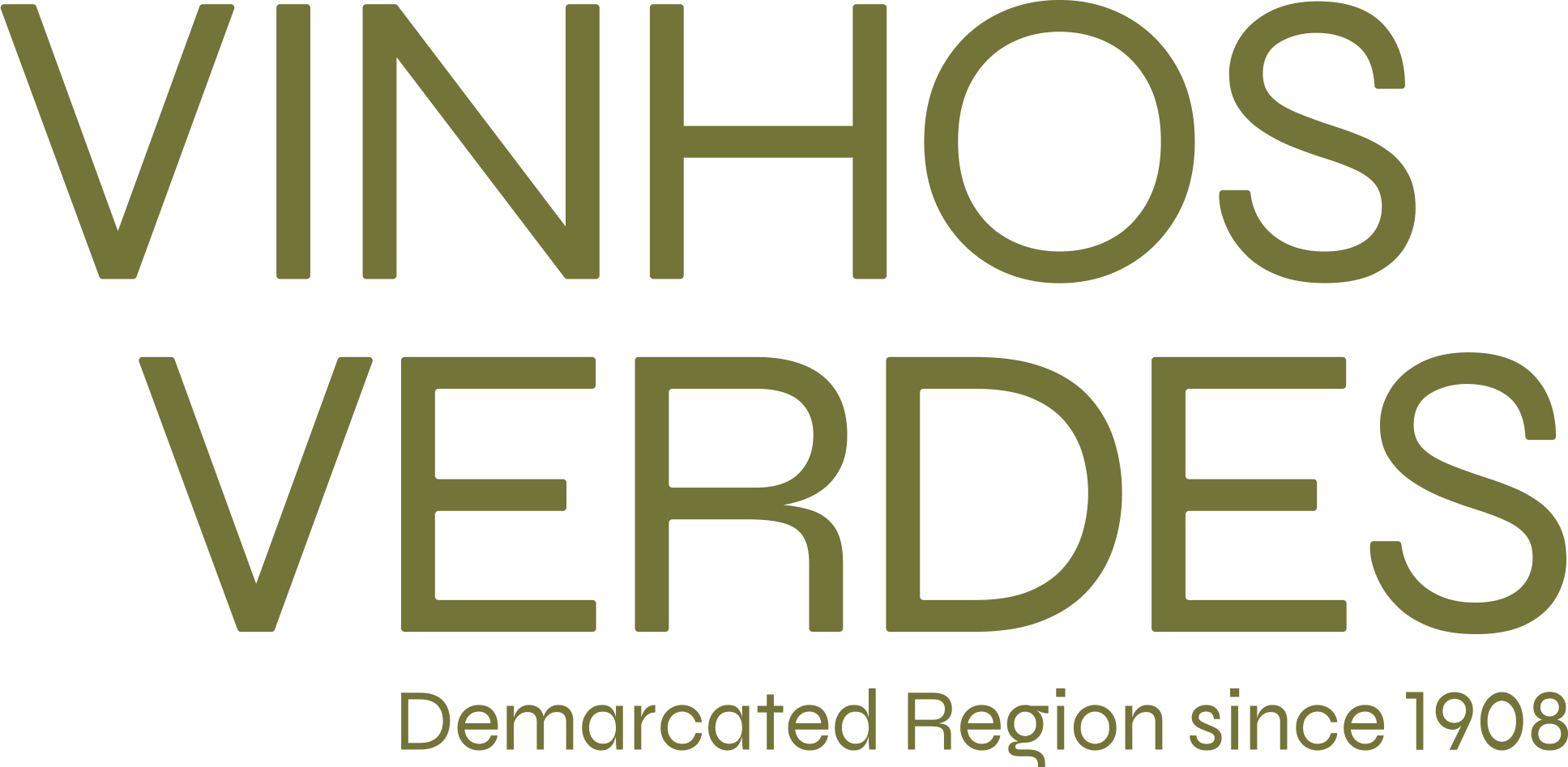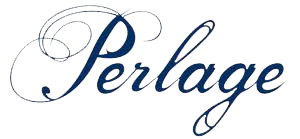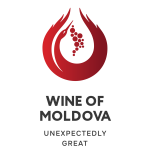ABOUT
Association de la Sommellerie Internationale
In the intervening 55 years, ASI has welcomed into the fold national associations from far beyond the Old World, stretching to the Americas, Asia, Oceania, and Africa. With each new member, ASI’s reach has expanded, raising the bar for sommeliers in one new land after another.
Since 1969
The ASI //
ASI was founded over 55 years ago as an umbrella organisation to raise the bar for restaurant service professionals internationally. While its historical roots are in Europe, ASI is now represented on 6 continents.
ASI’s members are not individual sommeliers, but rather national sommelier associations themselves. With 63 national associations as full members and 5 postulant countries, it is uniquely positioned to drive conversation within the industry at the international, national, and local levels.
In recent years, a renewed focus has been placed on education at all levels, both in the classroom and through the crucible of sommelier contests. Or in the words of our motto: Learn. Challenge. Compete.
Where we’ve been
“ASI was a little bit like the European Union in the beginning, today it is more like the United Nations.” – Markus Del Monego MW and ASI 1998 Best Sommelier of the World.
Association de la Sommellerie Internationale emerged from a momentous gathering of sommelier visionaries in Reims, France on 3–4 June 1969. In retrospect, the changes ushered in by the representatives from four national organisations, as well as numerous observer countries, were both obvious and unprecedented.
On the face of it, the signatories simply committed to working together to promote common goals and standards. The new organization would make its headquarters in the cradle of fine wine culture, Paris. Yet by design its eyes were to be raised beyond just France. For example, the premiere of the organization’s signature event, the ASI Best Sommelier of the World competition, was held that same year not in France, but rather in Brussels.
History has proven their approach to be a wise one. Beyond the tastevin, the classic symbol of the profession, there had historically been little to distinguish the profile of the sommelier from what English politely called a “wine waiter.” Now, with the benefit of ASI’s offers of better primary training, continuing education, and opportunities for personal growth, the sommelier could assume a position at the hub of a restaurant’s work: building memorable dining experiences.
In the intervening 55 years, ASI has welcomed into the fold national associations from far beyond the Old World, stretching to the Americas, Asia, Oceania, and Africa. With each new member, ASI’s reach has expanded, raising the bar for sommeliers in one new land after another.
And yet the reverse is also true. With each new member — now totalling 63 national associations and 5 postulants — ASI has gained new perspectives on wine and wine culture, on restaurant service and the meaning of service excellence.
What we stand for
ASI is entrusted from the roots up with a clear mission:
* To promote the establishment of one central sommelier association per nation
* To coordinate tools and measures to advance the profession
* To educate consumers on the role of the sommelier
* To defend the ethics of the profession
These goals are implemented by its elected Board of Directors, composed of the international president, a secretary general and a deputy secretary general, a treasurer and a deputy treasurer, as well as four continental vice-presidents. They in turn report on their activities at a yearly General Assembly, attended by ASI members (represented by the presidents of the various national associations).
ASI has its legal headquarters in Paris, France.
What we do
Today’s sommeliers are expected to add values at all levels of the restaurant. They must be warm and insightful counsellors at the tableside. Businesspeople and marketers, capable of managing the inner workings of the restaurant industry. And above all else: they must have a burning passion for service.
ASI fosters excellence in these areas through a three-pronged approach:
Learn. Challenge. Compete.
Learn
Many sommeliers acquire their initial base of knowledge through specialised schools and vocational training programmes. Yet wine is a living field, constantly changing with each vintage, technological advancement, and change in consumer preference. Floor experience and personal travel are thus also essential parts of professional maturation.
There are as many paths to the profession of sommelier as there are sommeliers themselves. Some countries offer specialised schools and vocational training, while in other places sommeliers have historically learned on the job.
ASI has developed uniform standards of knowledge and ethics to ensure that a sommelier in any of its member organisations can rightfully call themselves service professionals at an international level. Just as importantly, it has established a systematic set of modules and further learning opportunities including bootcamps, tasting grids, and expert-led tutorials, to help those aspiring to a higher standard.
Challenge
The initial rise to the title of sommelier is only the beginning of the journey. ASI provides numerous channels of continuing education and opportunities to encourage sommeliers to broaden their own horizons.
The most prominent of these is the ASI Diploma system, split into three levels. Offered in three languages at locations around the world, it challenges sommeliers to push the boundaries of their existing knowledge, and to engage in collaborative study with their colleagues. This mix of self-improvement and professional networking is an essential and desirable factor in global sommellerie.
Compete
Formal competition proved one of the most effective tools in drawing attention to the association’s goals. The first ASI Best Sommelier of the World contest was held in 1969 and saw Armand Melkonian crowned as champion. Currently held every three years, the event has helped provide a focus and shared base of experience for generations of modern sommeliers.
Just as importantly, those winners at every level — local, national, and international — are invited to join the ranks of competition, exams and educational committees throughout ASI and its member nations.
This ensures that the best and brightest, and in particular those battle-tested in front of the bright lights of competition, can contribute their insights to training the generations that follow, either at an institutional level or as direct mentors. Reigning ASI Best Sommelier of the World Marc Almert, for example, now sits on the Exams & Education committee, even as he also provides direct mentoring to young sommeliers looking to show their mettle.
ASI
Presidents //
ASI Board
Executive Board //
Treasurer:
Philippe Faure-Brac
(France)
Deputy Treasurer:
Samuil Angelov
(Finland)
Vice-president for Asia & Pacific:
Saiko Tamura-Soga
(Japan)
Vice-president for Africa & Middle East:
Michèle Aström Chantôme
(Morocco)
Vice-president for Europe:
Piotr Kamecki
(Poland)
Vice-president for the Americas:
Matias Prezioso
(Argentina)
ASI Committees //
Bylaws Committee
- Director: Higgo Jacobs (South Africa)
- Georgios Kassianos (Cyprus)
- Gerard Devos (Belgium)
- Janni Berndt (Sweden)
Diversity, Ethics & Compliance Committee
- Co-Directors:Ricardo Grellet (Chile) & Heleen Boom (Netherlands)
- Alba E. H. Hough (Iceland)
- Higgo Jacobs (South Africa)
- Samuil Angelov (Finland)
- Renata Moreti (Chile)
- Ronald Binati (Malaysia)
- Team members for special projects: Jorald Julie (Mauritius) & Mirko Pastorelli (Italy)
Should support be required for any Diversity matters, (for example, harassment, bullying, discrimination, etc), we are here to give support and guidance. Please be assured of complete confidentiality. All cases will be handled with discretion and anonymity.
Diversity contact: heleenboom@asi.info
Marketing committee
- Co-ordinator: Nina Basset (UK)
- Marketing & Communication: Xeniya Volosnikova (Kazakhstan)
- Partnership management: Ana Sofia Oliveira (Portugal)
- ASI Mag Editor: Mark DeWolf (Canada)
- Contest communication manager: Liora Levi (Norway)
- Press Officer: Barbara Wanner (Germany)
- Translation support: Michèle Aström Chantôme (Morocco)
- Translation support: Manuel Negrete (Mexico)
Liaison Officer for Sommeliers Contests and Exams & Education Committees
- Dominique Milardi (Monako)
Event coordinator
- Dawid Sojka (Poland)
Sommeliers Contests Committee
- Co-Directors: Olivier Poussier (France) & Shinya Tasaki (Japan)
- Coordination: Saiko Tamura-Soga (Japan)
- Logistics: Dejan Zivkoski (Serbia)
- Paolo Basso (Switzerland / Italy)
- Markus Del Monego (Germany)
- Paz Levinson (Argentina)
- Heidi Makinen (Finland)
- Veronique Rivest (Canada)
- Raimonds Tomsons (Latvia)
- Andreas Larsson (Sweden)
- Serge Dubs (France)
Exams & Education Committee
- Co-Directors: Giuseppe Vaccarini (Italy) & Sören Polonius (Sweden)
- Coordinators for ASI Certification 1, ASI Certification 2 and ASI Diploma: Michèle Astrӧm Chantôme (Morocco) and Ene Ojaveski (Estonia)
- Editorial Board: Leo D’Addazio (Venezuela), Andreas Matthidis (Greece), Kristjan Markii (Estonia), Edwin Raben (Netherlands)and Jean-Vincent Ridon (South Africa/Zimbabwe), Zulfiya Ibragimova (Kazakhstan) and Amrita Singh (India)
- Supporting Team: Marc Almert (Germany), An Jung Min (South Korea), Danio Braga (Brazil) , David Hsiao (Taiwan), Spencer Fondaumière (South Africa), Shalva Khetsuriani (Georgia)










